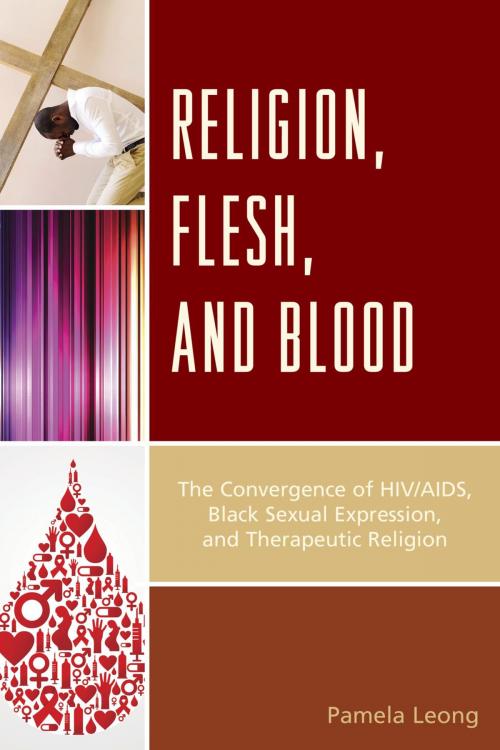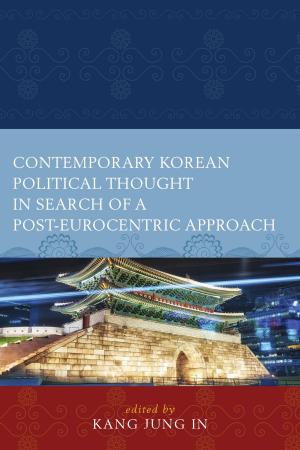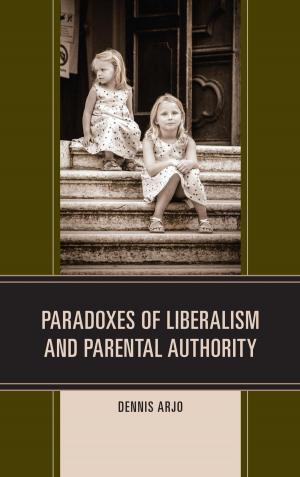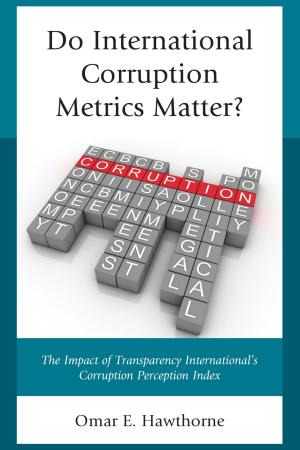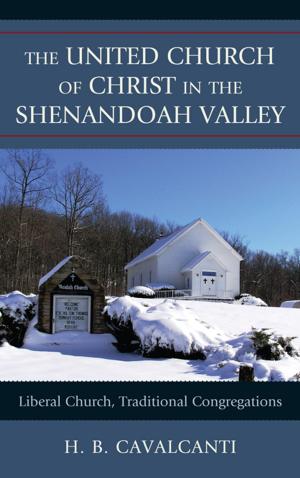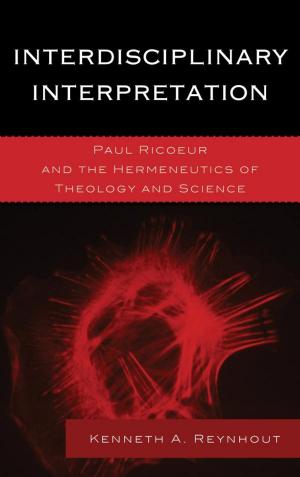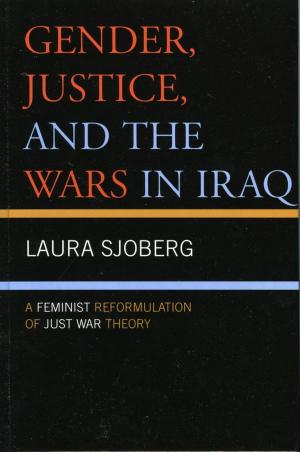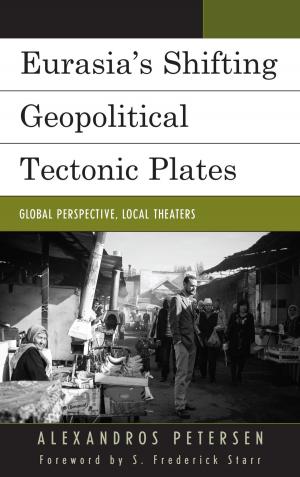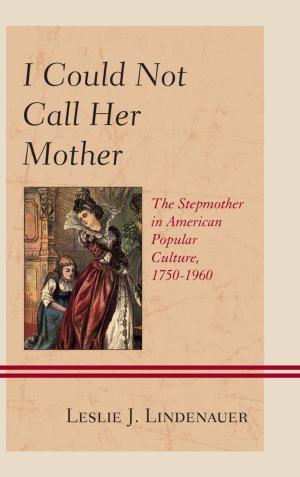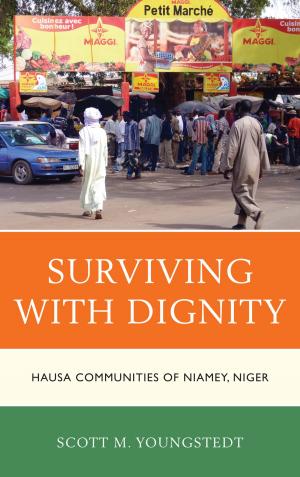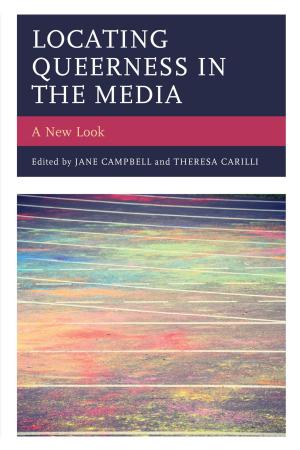Religion, Flesh, and Blood
The Convergence of HIV/AIDS, Black Sexual Expression, and Therapeutic Religion
Nonfiction, Social & Cultural Studies, Social Science, Gender Studies, Gay Studies, Cultural Studies, African-American Studies| Author: | Pamela Leong | ISBN: | 9780739194430 |
| Publisher: | Lexington Books | Publication: | May 6, 2015 |
| Imprint: | Lexington Books | Language: | English |
| Author: | Pamela Leong |
| ISBN: | 9780739194430 |
| Publisher: | Lexington Books |
| Publication: | May 6, 2015 |
| Imprint: | Lexington Books |
| Language: | English |
This is a case study of one congregation within the Unity Fellowship Church Movement that relies on therapeutic religion, a form of religion that strives to equip individuals with psychological capital, by enabling self-expressions and affirmations of social differences. The therapeutic ethic that characterizes this congregation has enabled some freedoms that are otherwise disallowed in traditional congregations. These new freedoms inadvertently have led to certain excesses, including overtly sexual language and behaviors. But this is not to say that the congregation disregards conventional norms altogether, or that therapy is used simply as an excuse for self-indulgence. Rather, in spite of the occasional “messiness” that may arise, there is something significant and deep about therapeutic religion. For religious organizations serving traumatized and marginalized populations in particular, therapeutic religion may be pivotal in helping to reintegrate the wounded back into the community folds.
This is a case study of one congregation within the Unity Fellowship Church Movement that relies on therapeutic religion, a form of religion that strives to equip individuals with psychological capital, by enabling self-expressions and affirmations of social differences. The therapeutic ethic that characterizes this congregation has enabled some freedoms that are otherwise disallowed in traditional congregations. These new freedoms inadvertently have led to certain excesses, including overtly sexual language and behaviors. But this is not to say that the congregation disregards conventional norms altogether, or that therapy is used simply as an excuse for self-indulgence. Rather, in spite of the occasional “messiness” that may arise, there is something significant and deep about therapeutic religion. For religious organizations serving traumatized and marginalized populations in particular, therapeutic religion may be pivotal in helping to reintegrate the wounded back into the community folds.
